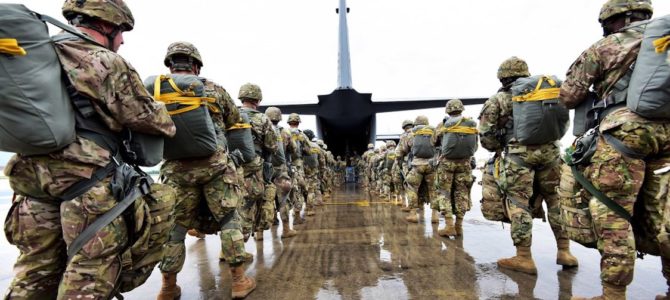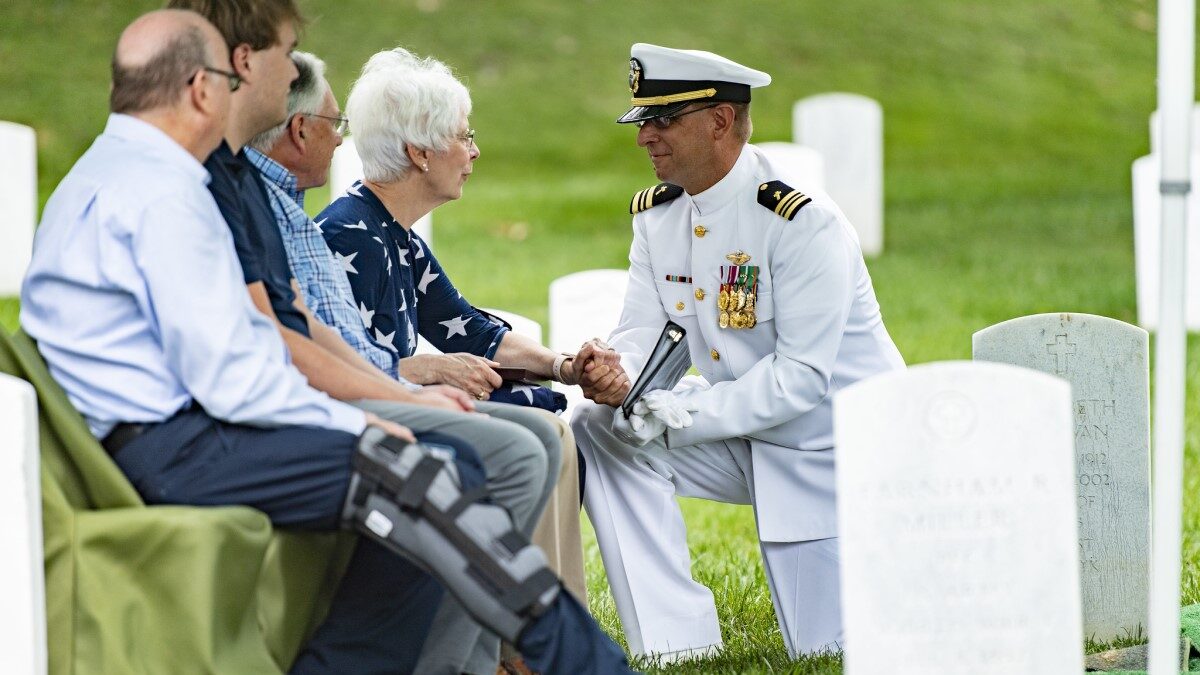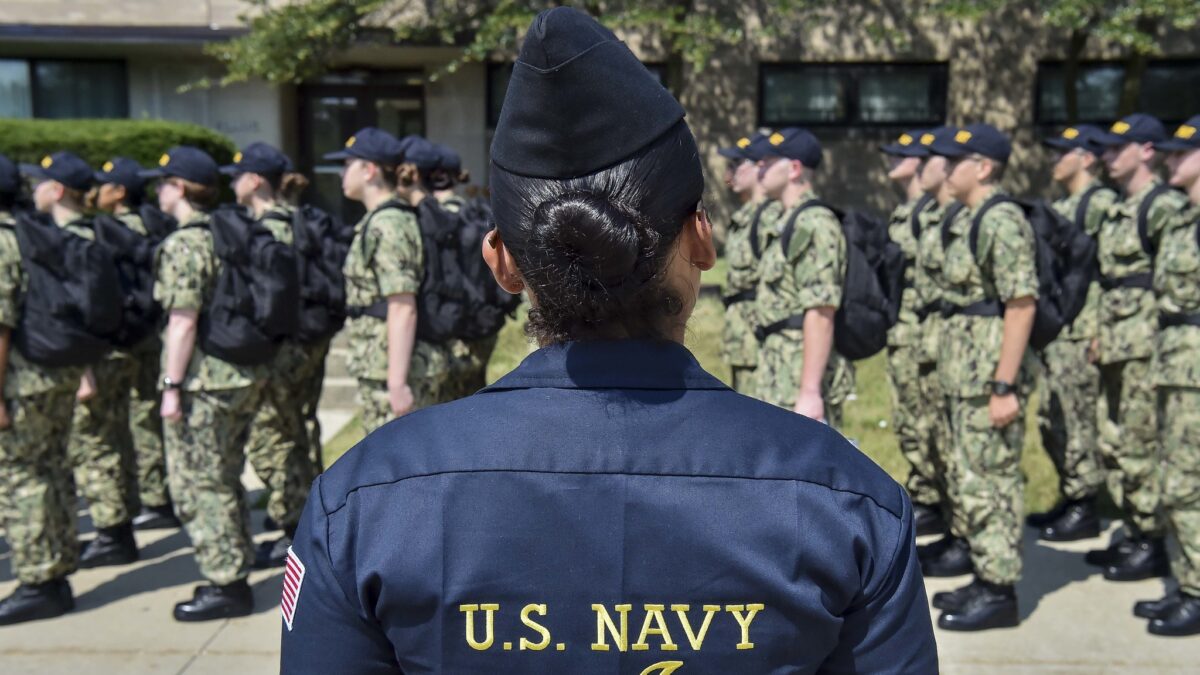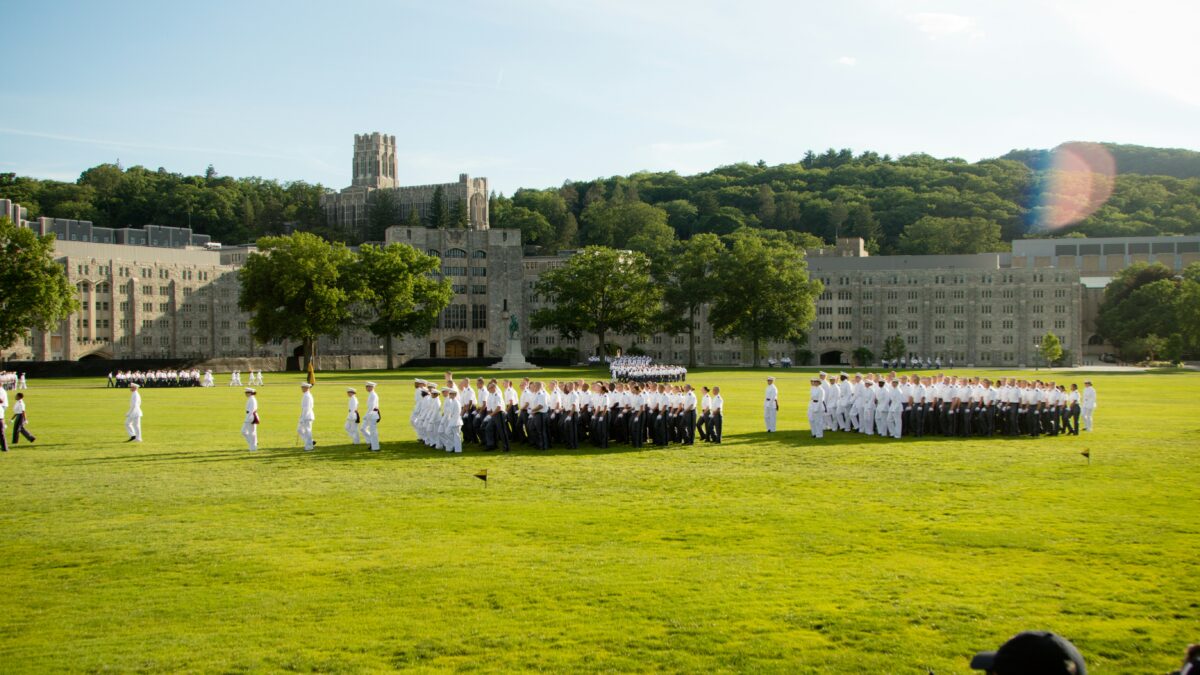
This year’s 9/11 anniversary came with a grim milestone: it marked the first day an American born on the day of the attacks can enlist to go fight in Afghanistan. Let that sink in. The United States has been at war in Afghanistan for so long now that it has drawn in a new generation of American soldiers, for whom the proximate causes of the war are historical events they learned about in school.
Put it in any terms you like. After 17 years in Afghanistan, we still have 14,000 troops stationed there. The American war far exceeds the Soviet invasion and occupation of Afghanistan in both duration and cost. It is longer than Vietnam, World War II, and the Civil War combined.
No other American conflict is comparable in length and none, with the exception of Vietnam, can be said to have accomplished so little. As a legacy of the attacks of September 11, 2001, Afghanistan is a testament to our strategic incoherence and ruinous prolifigacy.
As divided as we are right now, Americans across the political spectrum should at least be able to agree that it is long past time either to declare the war a failure—lost, in fact—or admit that it is not really a war anymore but a permanent military operation, a never-ending police action that will require a continuous supply of troops and funding to what is now quite obviously a strategic periphery.
A 17-Year Foreign War Is Anti-American
Even our military commanders recognize this. General John W. Nicholson Jr. stepped down last month after serving as commander of all U.S. and NATO forces in Afghanistan, a post he’d held for 30 months, longer than any other U.S. commander in that country. In his farewell address to his troops, he said, “It is time for this war in Afghanistan to end.”
Nicholson’s experience of 9/11 is personal. On the morning of September 11, 2001, then-Lt. Col. Nicholson was by chance moving into a new house and not at the Pentagon when the nose of American Airlines Flight 77 crashed into the building, 100 feet from his desk.
That Nicholson could have come so close to commanding soldiers who were born after the events that brought U.S. forces to Afghanistan should shock and repel the American conscience. For conservatives especially, a 17-year foreign war should be unthinkable. Saying so is not to indulge dreams of splendid isolation but merely to acknowledge how far we have drifted from a certain idea of America.
From our Founding up until the Second World War, with the exception of Panama, the United States refused even to enter into treaties of alliance with other nations. World War II changed all that, of course, and for the past 70 years we have allied ourselves with much of the world as the guarantor of an international order that was supposed to serve our interests by preventing major power conflicts.
That order, and our role in it, has come at a steep cost. Note what Nicholson did not say: he did not say, “It is time for us to end this war in Afghanistan by winning it.” He did not say that, because no one believes it is possible to win the war in Afghanistan. Nicholson and all his predecessors have at some point conceded that the conflict must end with a political settlement and that there is no purely military solution possible, yet we continue to pursue military action against the Taliban, and now, the Islamic State, with no end in sight.
Has Afghanistan Been Worth The Cost?
We have, in short, come up against the limits of American military power, or at least American military power used in pursuit of incoherent and contradictory goals. It remains for the American people to acknowledge that fact and demand our leaders justify, in clear and certain terms, America’s ongoing mission in Afghanistan. If they cannot, they must tell us how they plan to end it, and when.
If today the war in Afghanistan is not a war but a never-ending police action, it did not start out that way—and if it had, it most certainly would never have enjoyed the overwhelming popular support that it did at first. We initially went to war in Afghanistan with a sense of purpose: find those responsible for 9/11, avenge the deaths of our countrymen, and punish those who harbored them.
Seventeen years later, with nearly 7,000 servicemembers killed in the war on terror and hundreds of billions spent waging it, the Taliban have not been defeated. In fact, they are now preparing to enter a fresh round of peace talks with U.S. officials after launching a massive assault on the city of Ghazni last month that killed hundreds. At this point, we must conclude that the war in Afghanistan was a mistake, and that we have lost it.
That is not to denigrate the bravery and sacrifice of those who have served in Afghanistan, but to condemn the fecklessness and incompetence of our political and military leaders, who long ago lost the plot. Our presence in Afghanistan is no longer about avenging 9/11 or ensuring that nothing like it can ever happen again.
Neither is it about making that country a stable, coherent nation that is at peace with the United States and its allies. It is, essentially, about nothing so much as a point of honor. Has it been worth the cost?









